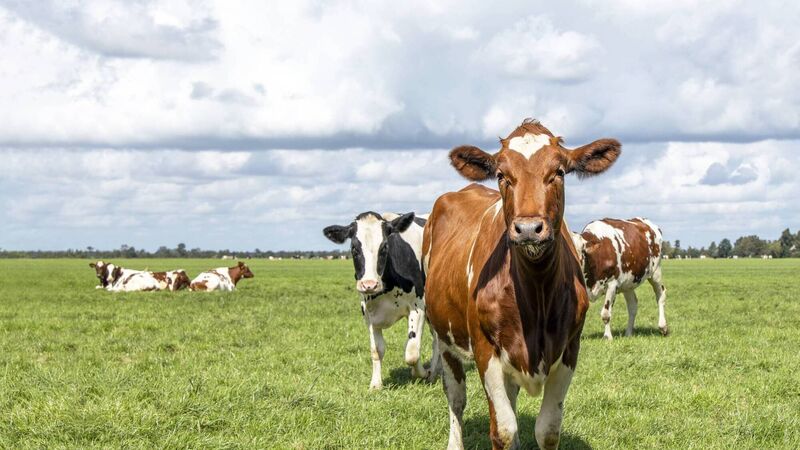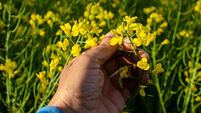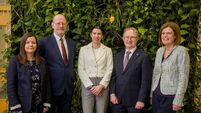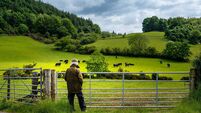Right metrics needed or wrong policy decisions will be made on cutting agriculture emissions

'Ireland has one of the most natural and best systems for producing bovine milk and meat in the world'
If the right metrics are not available, wrong policy decisions will be made for reducing emissions in the agriculture sector, an industry expert has warned.
Metrics matter, “once they are the right metrics”, said Desmond Savage, co-founder and chairman of agri-technology firm Moonsyst.
CLIMATE & SUSTAINABILITY HUB













